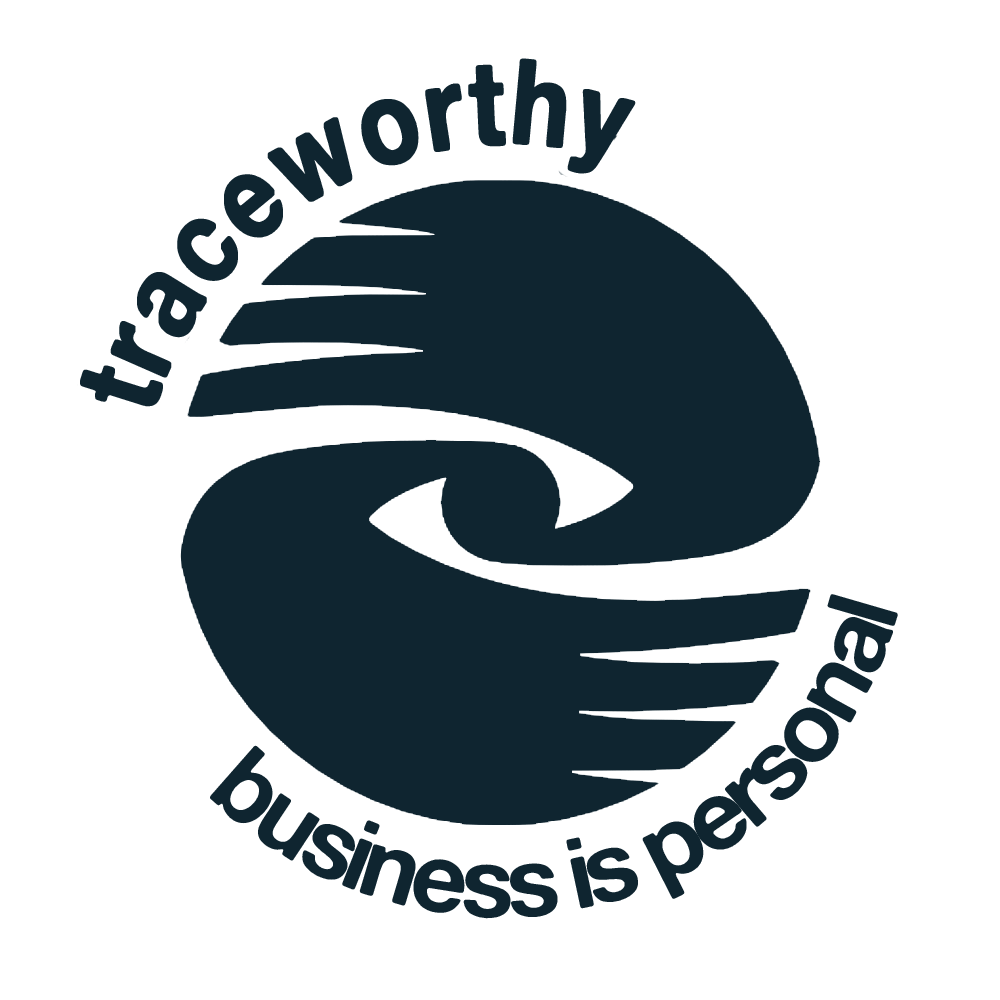A Guide for Foreign-Owned Businesses
In recent years, Indonesia’s upper-middle class has become a growing economic powerhouse, offering untapped potential for foreign businesses operating in the country. This demographic, with its increasing purchasing power and evolving consumer preferences, represents a significant opportunity for brands looking to expand their market reach.
For foreign business owners in Indonesia, the key to success lies in understanding what drives this class of consumers and how best to position products and services to meet their aspirations. In this article, we explore the consumer habits of Indonesia’s upper-middle class, the potential for foreign brands, and the steps businesses can take to establish a foothold in this lucrative market.
Understanding Indonesia’s Upper-Middle Class
Indonesia’s upper-middle class is made up of professionals, entrepreneurs, and business owners, typically earning an income that allows for significant discretionary spending. While incomes vary, many in this group are based in urban centers such as Jakarta, Bali, Surabaya, and Yogyakarta.
A key characteristic of this demographic is their increasing comfort with digital platforms. They are tech-savvy, with a growing reliance on e-commerce, digital payment platforms, and online shopping for everyday needs and luxury goods. Importantly, they are also eager to adopt global trends and brands, often looking for premium products that align with their lifestyles.
Key Consumer Spending Trends
As foreign businesses look to tap into this market, it is important to recognise the types of products and services that resonate most with upper-middle-class Indonesians. Some of the key sectors where foreign-owned businesses can thrive include:
- Luxury Goods
Indonesian upper-middle-class consumers have a strong appetite for luxury items, ranging from designer fashion to high-end electronics. Products with a premium feel or international prestige are particularly attractive.
- Wellness and Health Products
With a growing awareness of health and wellness, there is rising demand for organic food, dietary supplements, fitness products, and premium skincare lines. Foreign brands that offer quality assurance or unique wellness benefits can make a substantial impact.
- Tech and Gadgets
As a digitally connected demographic, Indonesians are keen on the latest tech gadgets. Foreign brands specialising in smartphones, wearables, and home automation products stand a good chance of gaining traction.
- Leisure and Lifestyle
There’s also strong demand for leisure products, including high-end travel gear, outdoor equipment, and boutique experiences, reflecting the aspiration to live a “premium” lifestyle.
Status and the Influence of Foreign Brands
For Indonesia’s upper-middle class, consumerism is not just about buying goods—it’s about buying status. This group seeks out brands that help signal their social standing, with many associating foreign products with prestige, quality, and modernity. Items seen as “global” often carry more weight, and consumers are drawn to foreign brands that have made their mark internationally.
This perception of foreign brands as status symbols is a key factor driving purchasing behavior, particularly when it comes to fashion, gadgets, and luxury goods. Smaller, foreign-owned businesses can tap into this trend by positioning their products as exclusive or tailored for the sophisticated consumer.
Case Studies of Successful Foreign Businesses in Indonesia
Here are a few examples of how foreign-owned businesses have successfully captured the attention of Indonesia’s upper-middle class:
- Boutique Fashion Brand
A small luxury fashion brand from Europe entered the Indonesian market by offering bespoke pieces in limited runs. The exclusivity and craftsmanship of their products created an aura of prestige, appealing to upper-middle-class consumers looking for unique items to stand out. - Organic Health Food Company
A European organic food company established a strong foothold by introducing products aimed at health-conscious consumers. By educating the market on the benefits of organic foods and positioning their brand as a premium offering, they capitalized on Indonesia’s growing wellness movement. - Artisanal Coffee Brand
A foreign-owned coffee company tapped into the Indonesian market by offering artisanal, small-batch roasted coffee beans. The brand marketed its products as premium, emphasizing sustainability and craftsmanship, which resonated with Indonesians eager to showcase their refined tastes.
Practical Steps for Expanding Into the Upper-Middle Class Market
Foreign businesses looking to target Indonesia’s upper-middle class should consider these actionable strategies:
- Conduct Market Research
Understanding consumer preferences, economic conditions, and spending patterns is vital. Investing in local market research will provide the insights needed to tailor offerings to the local context.
- Adapt Products for the Local Market
While the appeal of foreign brands is strong, adapting products to local tastes and cultural preferences can strengthen a brand’s resonance. This could be through packaging, flavors, or localised marketing strategies.
- Build a Status-Oriented Brand
Foreign businesses must craft a brand narrative that resonates with status-conscious consumers. This can be achieved through premium pricing, limited availability, and marketing strategies that highlight exclusivity and quality.
- Leverage Digital Platforms
Given the tech-savvy nature of this demographic, having a strong presence on e-commerce platforms such as Tokopedia, Shopee, and Instagram is essential. A focus on digital marketing, influencer partnerships, and online engagement will help build brand awareness.
The Opportunity is Now
Indonesia’s upper-middle class represents a rapidly growing and highly lucrative market for foreign-owned businesses. By understanding the cultural and economic dynamics that drive this demographic, foreign entrepreneurs can successfully position their brands to meet the demands of these status-conscious consumers.
With the right strategies in place—ranging from market research and product localization to status-driven branding—foreign businesses can thrive in this competitive market and turn Indonesia’s upper-middle-class consumers into loyal customers.
At TraceWorthy, we specialise in guiding foreign-owned businesses to navigate the complexities of entering the Indonesian market. Reach out to us for expert advice on expanding your brand and capturing the attention of Indonesia’s upper-middle class.
Together, we can ensure your success in this dynamic and ever-growing market.
Book an appointment for a consultation today.

